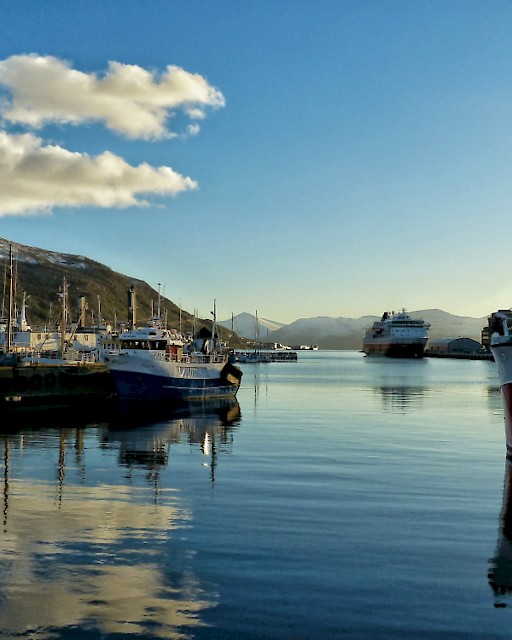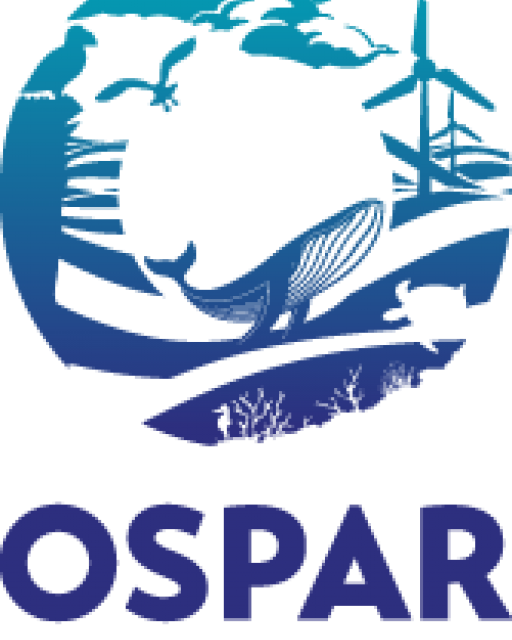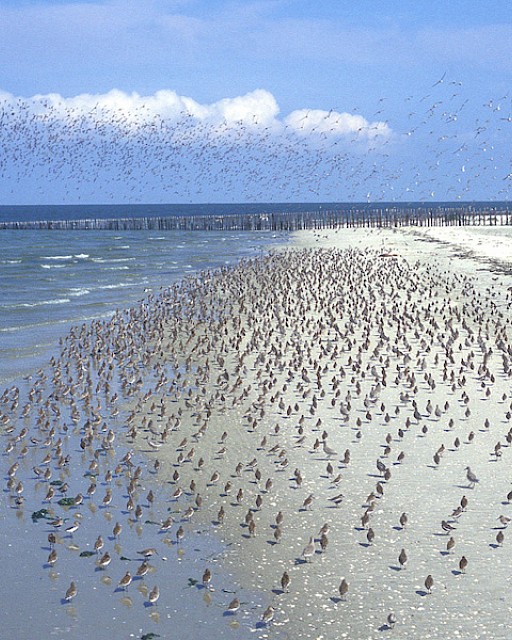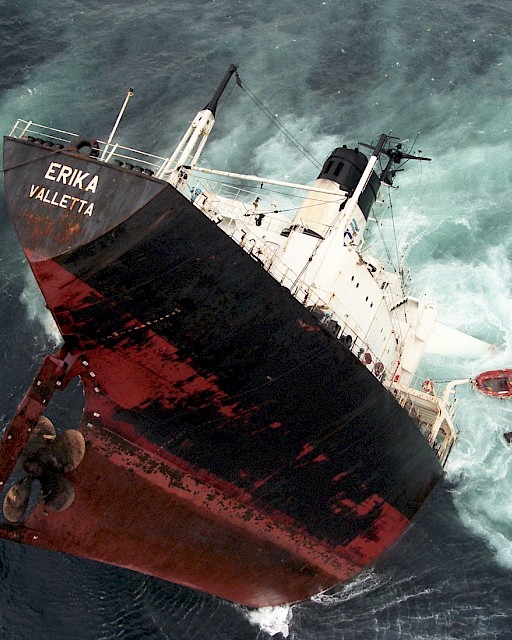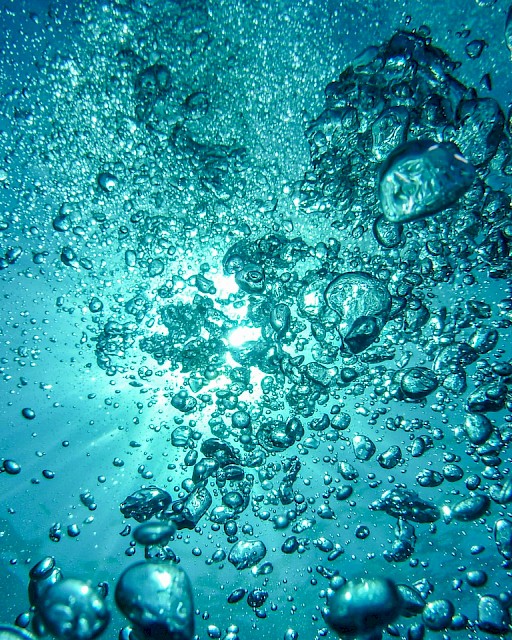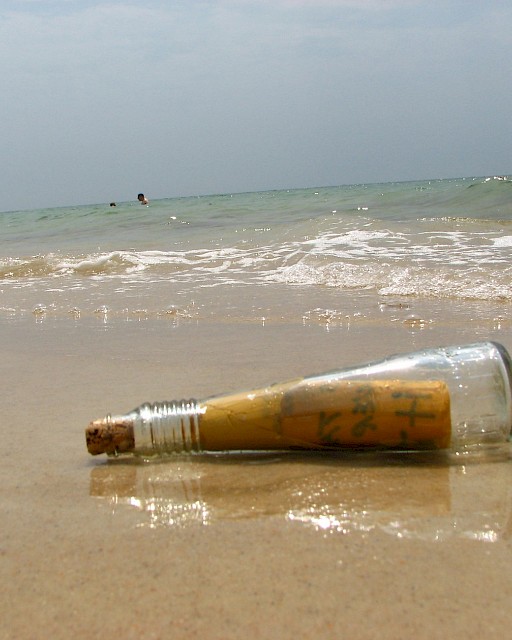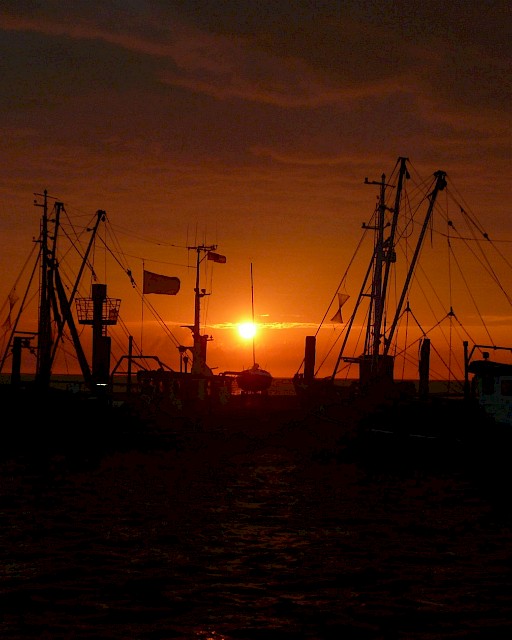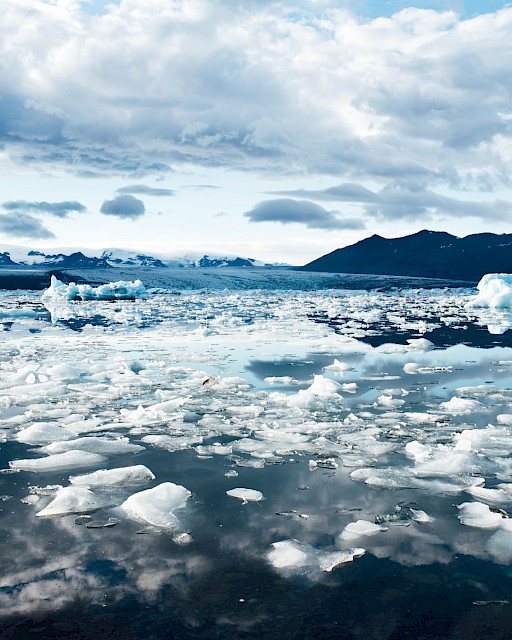Economic & Social Analysis
A main strategic direction given in the OSPAR thematic strategy on biological diversity and ecosystems is the further development and implementation of tools such as marine spatial planning, impact assessment and socio-economic assessment, in order to achieve the reduction in pressures which are adversely affecting the marine environment, and the sustainable use of ecosystem goods and services. The need for the re-establishment of the OSPAR group on economic and social analysis arose from the recognition by OSPAR Contracting Parties that the (by that time) forthcoming Intermediate Assessment in 2017 and the EU Marine Strategy Framework Directive initial assessment would benefit from a more coherent economic description of the marine environment at OSPAR level.
2022 workshop on natural capital accounting
On Wednesday 14 December 2022 OSPAR held an online workshop on ‘Natural capital accounts in the North East Atlantic; recent developments and possible applications’, organised by The Netherlands. This was already the third workshop on this topic. The first one, on the 11th of September 2018, was a physical workshop in The Hague, where the main objective was to determine the potential role and relevance of natural capital and ecosystem services in socio-economic analyses in general and more specifically for OSPAR plans and strategies. One of the outcomes of that meeting was that OSPAR would like to start working on natural capital accounting. This was formalised in objective S7.03 in the North East Atlantic Environmental Strategy. Therefore the second meeting, which took place online on the 14th of July 2021, focussed on natural capital accounting, with experiences shared from various countries across the world, including Australia, South Africa, Canada, Finland, France, The Netherlands, United Kingdom, Norway, and Spain. At that meeting, also a draft version of the first natural capital accounts for the OSPAR area was presented.
Final report of the workshop on natural capital accounting for the Dutch part of the North Sea
Final version report of the workshop on natural capital accounting for the Northeast Atlantic
Presentation by Statistics Netherlands on SEEA Marine Ecosystem Accounts for the Dutch North Sea
Presentation by Wesley van Veggel on potential policy applications of natural capital accounts
Presentation by Wesley van Veggel on potential policy applications of NCA for NL
Economic description of the use of the marine environment
One of the first tasks that the OSPAR group on economic and social analysis took up was to put together information on the economic description of the use of the marine environment. This was done by collecting statistical information from the various Contracting Parties on Gross Value Added, the number of employed persons, and past development in production value, for Fisheries and aquaculture, Shipping, Ports, Oil and Gas, and Offshore Wind Energy. For those statistical data, most Contracting Parties use Eurostat definitions. This renders at least some level of coherency.
Another part of the economic description of the use of the marine environment was a description of the expected future trends in the various economic sectors. Also here information was collected from the various Contracting Parties. However, since there are no international guidelines on how to present information on the expected economic trends, there is less coherence in the analyses. Nevertheless, it appeared possible to agree on a short summary with some high level texts on expected future trends in the OSPAR region.
All this information was ultimately presented in the economic chapter in the Intermediate Assessment and will be used as input into the 2023 Quality Status Report.
In the above-mentioned economic chapter of the Intermediate Assessment, the focus was first on those economic sectors for which it would probably be relatively easy to collect more or less coherent economic data, as these are uniformly defined by NACE codes (shipping, fisheries, etc.). ‘Recreation and tourism’ is not a separate economic sector in Eurostat statistics (no NACE code), but it is an important activity that has a significant link with the marine environment, both as a user (enjoying good environmental quality), but also as a pressure (e.g. source of marine litter, disturbance of animals). Therefore, a separate report was produced focusing on the size and trends and developments in recreation and tourism in the OSPAR area.
Kyra Bekhuis was asked to perform scenario analyses for the North-East Atlantic area to say something about the possible future states of the OSPAR blue economy in 2030. By developing 4 internally consistent but largely different story lines for possible alternative future scenario’s, insight was gained in the key drivers of change for different economic activities in and around the North-East Atlantic. The results of this study were used as input for the various feeder reports as part of the Quality Status Report 2023.
Ecosystem services and natural capital
Another work stream is the development of approaches to analyze ecosystem services and natural capital. An important driver for the implementation of the concept of ecosystem services is OSPAR’s North East Atlantic Environment Strategy, which has implementing the ecosystem approach as one of its main objectives. The Strategy commits OSPAR countries to continue to progressively implement the Ecosystem Approach to the management of human activities in order to reduce impacts on the marine environment, taking into account all pressures from human activities on the marine environment. One of the main strategic directions under this objective is to develop methodologies, including social and economic analysis of the use of the OSPAR Maritime Area, to support evaluations of whether the North-East Atlantic Ocean is used sustainably. Ecosystem goods and services is one such approach that OSPAR group on economic and social analysis is analyzing and testing in a regional context .
The first step was to organize a workshop in which various Contracting Parties and (international) organizations presented what they were doing in this field, and discussions took place on the potential contribution to the OSPAR processes of the various approaches that were presented.
As a follow up of this workshop the OSPAR group on economic and social analysis supervised the preparation of a report on possibilities of application of Ecosystem Services and Natural Capital approaches in OSPAR activities. According to this report, there is no one single best approach for OSPAR, but the most applicable method depends on the question to be answered.
The first question after the publication of this report was ‘What is the impact of cumulative ecological effects in terms of ecosystem services due to the increase in offshore windfarms in the North-East Atlantic on economic sectors in OSPAR countries?’. This was the first application of an analysis of ecosystem services at the OSPAR level. Therefore, one of the aims of this report was also to determine whether the concept of ecosystem services is useful to support decision-making in OSPAR activities.
In 2021 Maria Alarcon Blazquez prepared a first version of natural capital accounts for the North East Atlantic. This was done with the closest possible alignment with the ecosystem accounts framework adopted by the United Nations Statistical Commission in March 2021. This statistical framework consists of 5 components and provides guidance on how to measure the different natural capital components of an ecosystem, in terms of the state of the ecosystem and its capacity to provide ecosystem services, and how to organise the necessary information. Although this report has developed a first version of these accounts, it is the first time in the world that this has been done for a regional sea.
In the QSR 2023 OSPAR applies the DAPSIR framework throughout all thematic assessments. This framework enables a system-wide analysis of the complex socio-ecological interactions in the Northeast Atlantic. In order to be able to properly apply this framework, OSPAR needed a method to describe the impacts of changes in the state of the marine environment on ecosystem services (and human well-being) (the link between S and I). Therefore, Federico Cornacchia prepared a report in which he described a comprehensive list of marine ecosystem services that can be used in the context of OSPAR, and a methodology for assessing the effects of changes in the marine environment on ecosystem services that can be applied in the various thematic assessments.
Exchange of information on costs and benefits of measures and economic analyses
One of the standard economic analyses is cost benefit analysis. Most Contracting Parties have economists who know how they should perform those analyses, however, when applying the standard theory in the practice of environmental measures in the OSPAR area, it appears that there are quite some challenges. An important one is lack of data on costs of potential measures, but also lack of knowledge on cause-effect chains, making it difficult if not impossible to perform cost benefit analyses according to the textbooks. In those cases one might have to look for alternative approaches. Therefore, another activity of the OSPAR group on economic and social analysis is to exchange information on costs and benefits of various measures and approaches used in the economic analyses.
According to the OSPAR Intermediate Assessment, the number of MPAs is increasing. Since assessing the benefits of measures is always a challenge a study has been undertaken to estimate the potential benefits of designating MPAs.
Since OSPAR is working on a regional action plan on Marine Litter the OSPAR group on economic and social analysis has made an inventory of how the various Contracting Parties have been presenting benefits of reducing marine litter. The Contracting Parties were asked how they have done the analyses, and this information was put into a document which was then shared among the economists, but also with the OSPAR groups dealing with marine litter issues. This collection (and exchange) of experiences and information was very helpful for the OSPAR group that is working on marine litter. Therefore, the OSPAR group on economic and social analysis has produced similar working documents on measures to reduce micro particles at wastewater treatment plants (to support OSPAR Marine Litter Action 42) and measures to reduce underwater noise. Since these documents are internal working documents, they are not published.
In an attempt to see whether ‘circular economy’ could be a topic that ICG ESA should be investigating in more detail in the years to come, Jauke van Nijen was asked to analyse the different phases of the gear life cycle in the OSPAR region, to see what role economic analyses and instruments could play in stimulating a more circular (management) system of fishing gear in the OSPAR-region. Although his report gave an interesting insight in the various knowledge building blocks that can contribute to the development of a more circular and sustainable gear system, ICG ESA could not really find a particular role for them to play in this specific case, nor in stimulating the circular economy in general.

